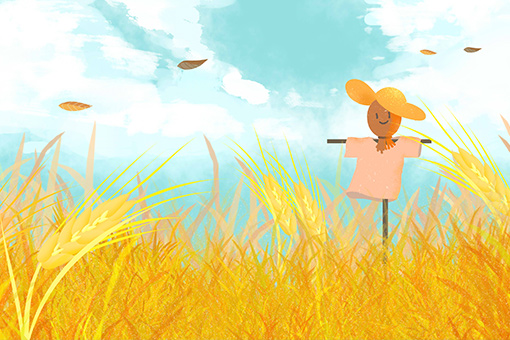Arising in the morning is somewhat similar to the Buddha emanating Sambhogakaya and Nirmanakaya from Dharmakaya to benefit sentient beings. Thus we need to make an aspiration: “May all sentient beings attain dharmakaya, and emanate Sambhogakaya and Nirmanakaya from Dharmakaya to benefit sentient beings.”
~Depicted from LUMINOUS WISDOM BOOK SERIES











